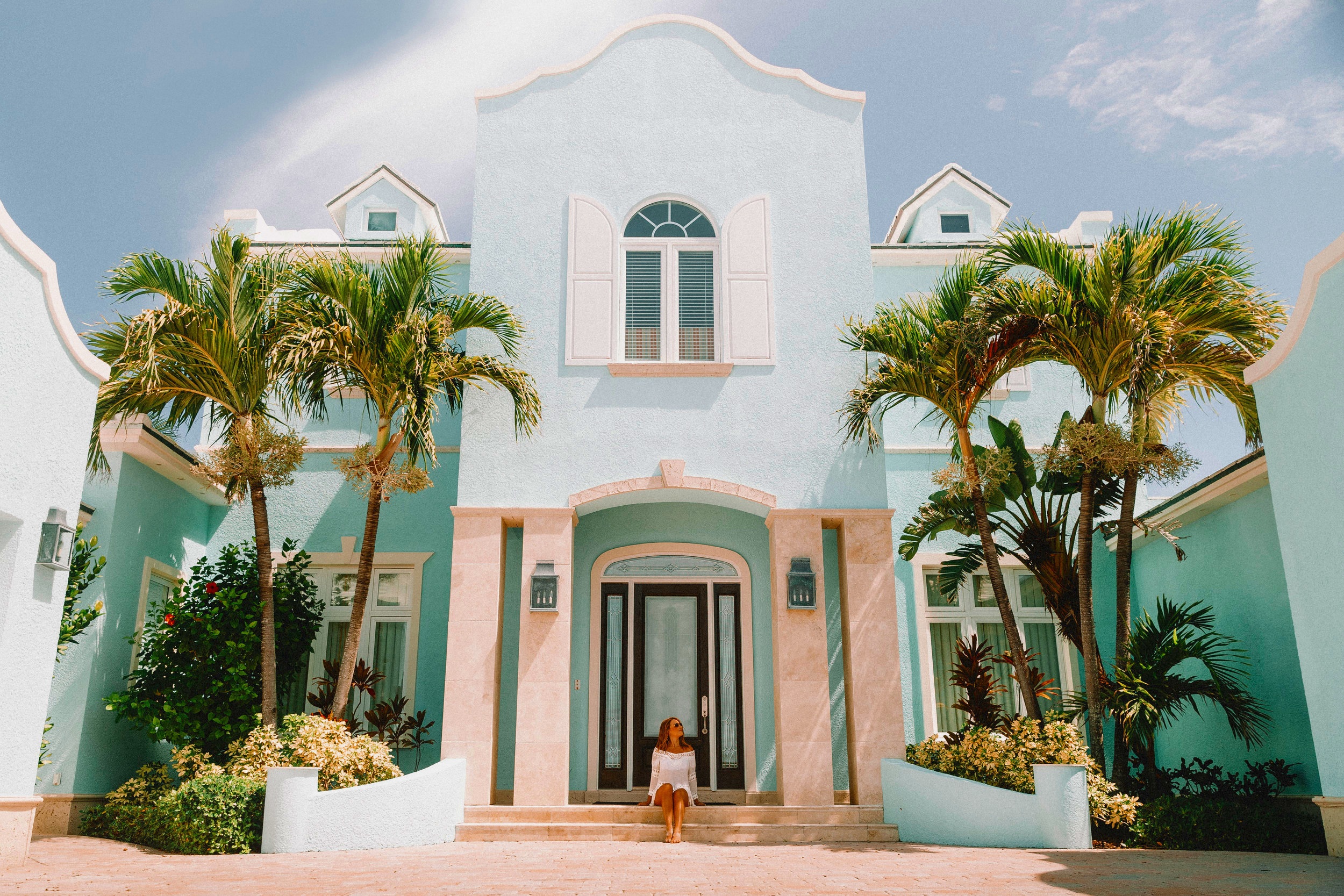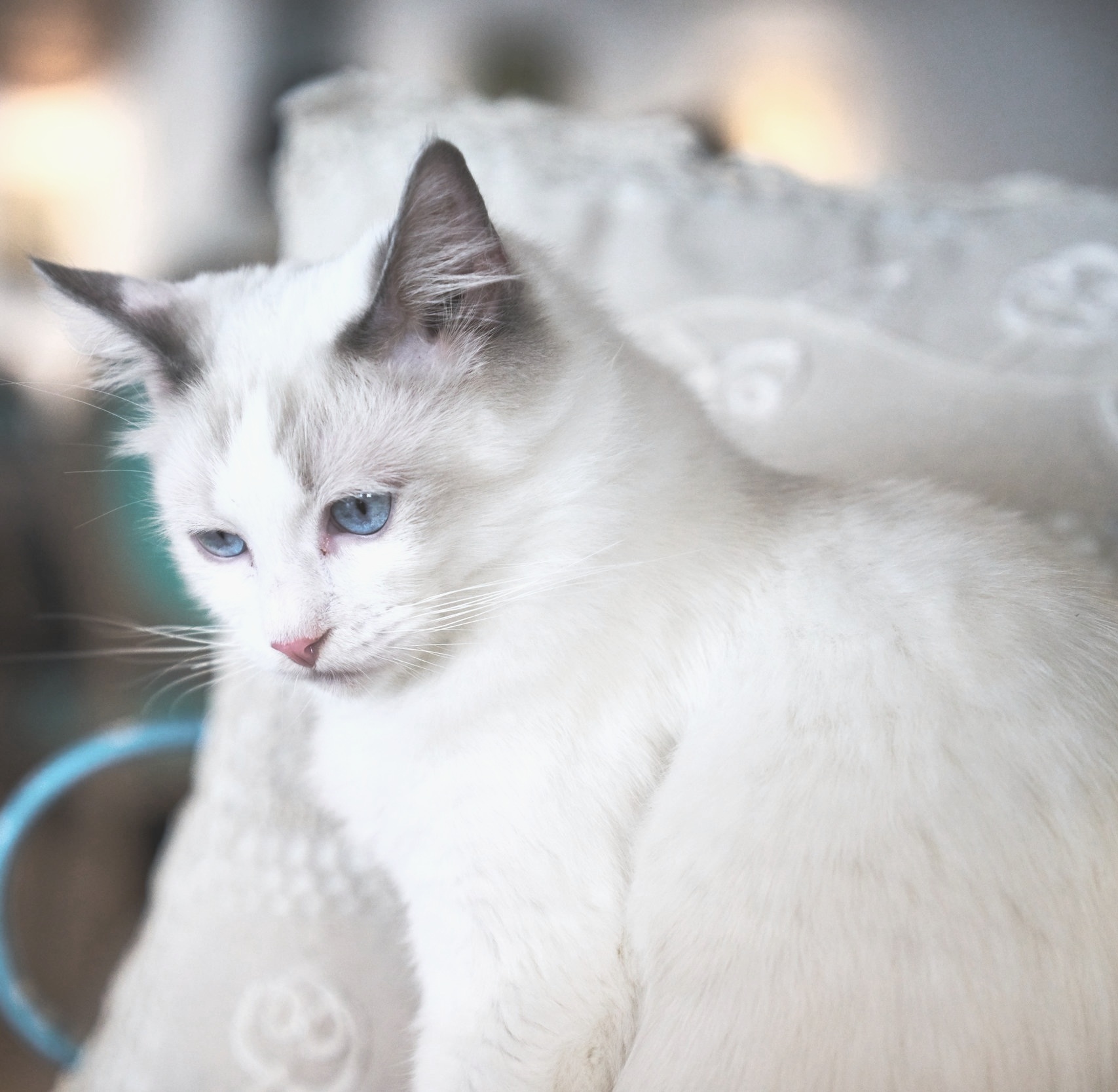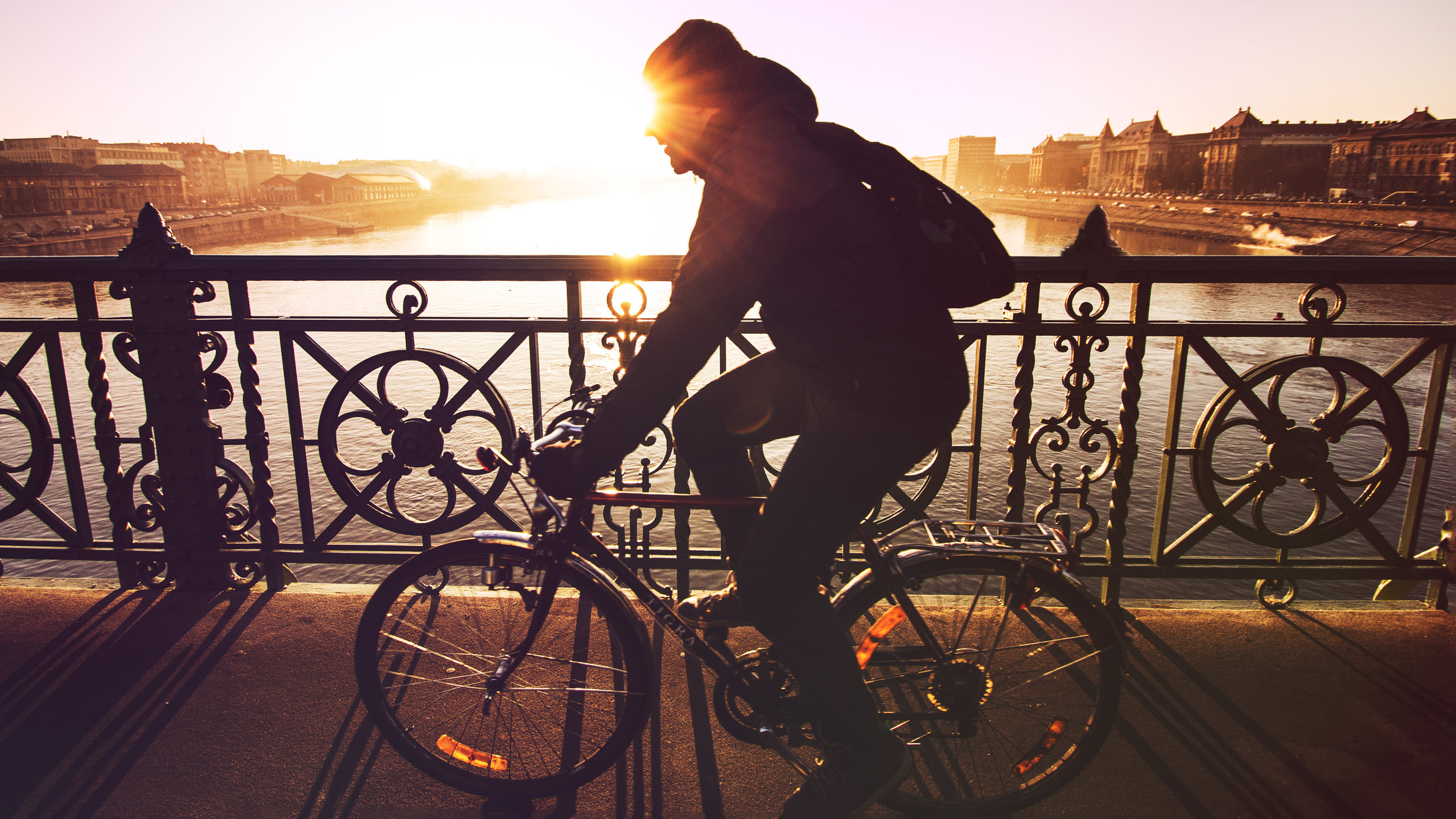Second Conditional
We use second conditional sentences to express improbable, hypothetical (imaginary), or impossible situations. We also call second conditional sentences unreal present conditionals or unreal future conditionals. We use the second conditional to imagine, dream, or wish.
BASIC FORM
The if-clause in a second conditional sentence expresses an unreal present condition or an unreal or impossible future condition. The form of the past subjunctive is almost the same as simple past tense. The main difference is that for the verb to be, the form is always were, (never was) in proper English.
If I were rich, I would buy a big house in Florida.
If I were you, I would call him.
If I were a fruit, I would be an apple.
If my grandmother were still alive, she would be 150 years old.
If I were rich, I would buy a big house in Florida.
Native English speakers often use was in conversational English, so you do not need to worry if you make the same mistake.
While the if-clause verb is in the past tense, the meaning refers to present or future imaginary conditions. The use of the past tense for a present meaning expresses that the situation in the if-clause is not real, it is different from the actual present situation. We use the modal verb would to express the future imaginary result.
You can reverse the order of the clauses. When the result clause is before the condition clause, no comma is needed between the clauses.
I would call him if I were you.
I would visit Paris if I had more money.
I would give you Zak’s phone number if I had it.
I would swim more often if I lived near a lake.
There are six main uses of the second conditional.
1. We use the second conditional to describe an unreal present situation and the imaginary result of that situation.
If I owned a white cat, I would name it Pearl.
If I had a million dollars, I would give half of it to charity. (I do not have a million dollars.)
If I owned a white cat, I would name it Pearl. (I do not own a white cat.)
If I had more free time, I would read more. (I don’t have more free time.)
If I lived near a lake, I would swim more often. (I do not live near a lake.)
2. We use the second conditional to express an improbable or impossible future situation and the result of that improbable/impossible situation.
If I won a lot of money, I would travel to Europe. (It is improbable that I will win a lot of money.)
If I became the president, I would support green energy projects. (It is improbable that I will become president.)
If I met my favorite actor, I would ask for a photo with her. (It is improbable that I will meet my favorite actor.)
If I grew wings, I would fly to Singapore. (It is impossible that I will grow wings.)
3. We also use the second conditional to express an imaginary yet possible future situation and the results of that situation. We often use this conditional to consider different options for future action.
If I bought a bike, I would ride it often.
If I bought a bike, I would ride it often. (So maybe I will buy a bike.)
If we ate all our meals at home, we would save about $200 every month. (So maybe we should eat at home more often.)
If we hired one more person, we would finish the project on time. (So maybe we should hire one more person.)
If we moved to New York City, we would spend a lot more on rent. (So maybe we should not move to New York City.)
4. We use the second conditional to give advice. This form often has “If I were you” as the if-clause.
If I were you, I would ask Eva.
If I were you, I would visit New York City.
If I were her, I would call Zak.
If I were him, I would talk to Maria about the problem.
5. We use the second conditional to explain why we cannot do something that is usually requested or desired by someone else. The if-clause expresses the unreal present situation that is the reason why you cannot do something.
If I had another orange, I would give it to you.
If I had more time, I would come to your party. (But I don’t have time.)
If I had Zak’s phone number, I would give it to you. (But I don’t have Zak’s phone number.)
If I knew her name, I would tell you. (But I don’t know her name.)
If I had another orange, I would give it to you. (But I don’t have another orange.)
6. We use the second conditional to make a polite request.
I would be very grateful if you helped me with this project.
She would be really happy if you visited us this weekend.
It would be great if you introduced the speakers.
I would deeply appreciate it if you watched our children tomorrow evening.
You can check your knowledge of the uses of the second conditional with the exercise below!
Practice
If you would like get more speaking and listening practice using this and other conditional sentences, and receive professional feedback to check whether you are using these conditional forms correctly, you can email me at contact@englishtutordia.com to schedule your first free online consultation.











